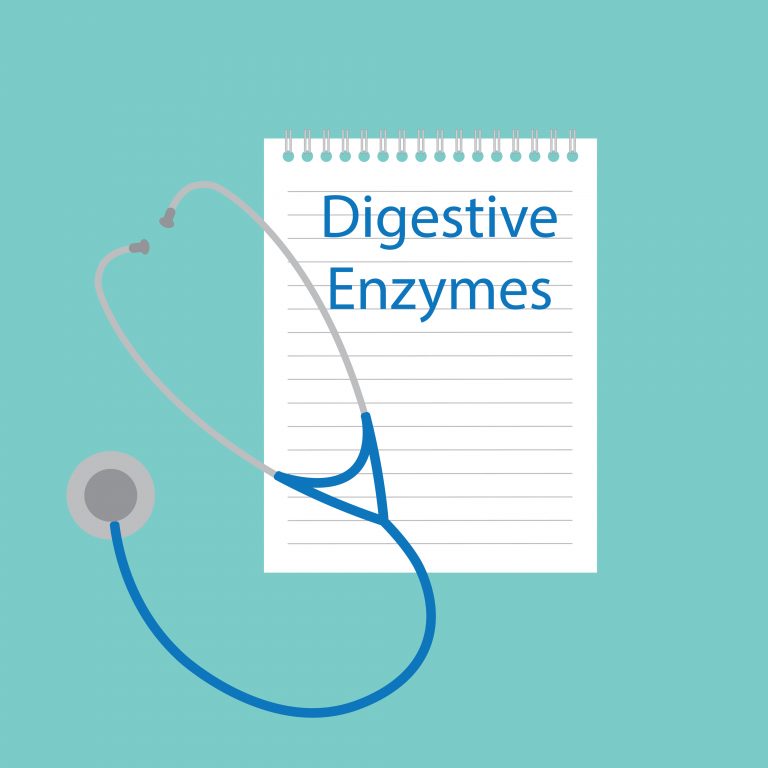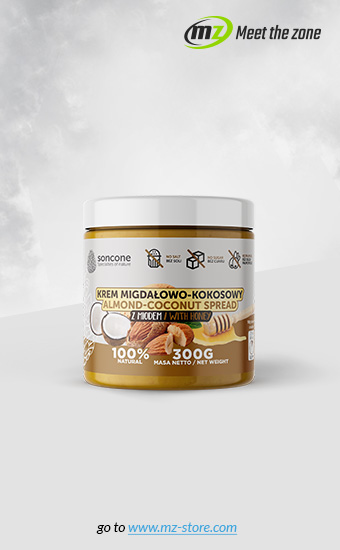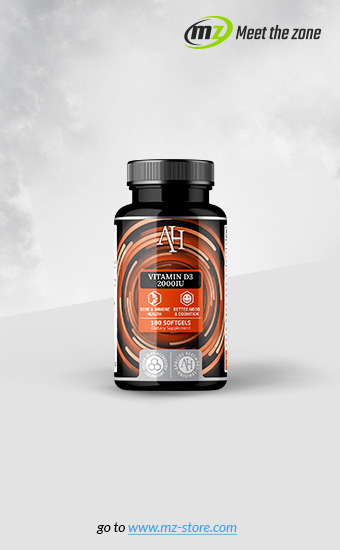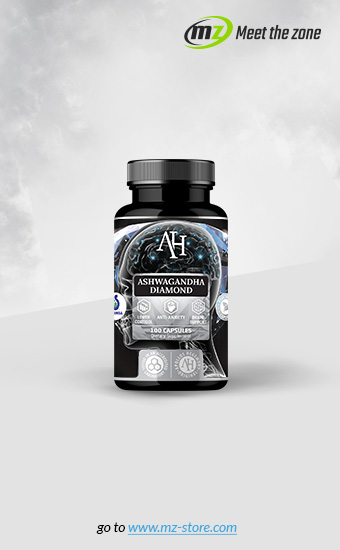An uncomfortable feeling in your gut after eating, cramping, wind and bouts of diarrhoea are all signs of food intolerance, but it’s not always as simple as identifying an offending food and cutting it out of your diet. How well we break down our food from chewing to digestive enzyme production may have a bigger role. Firstly, intolerances come and go, meaning your immune system could be reacting to wheat in your mid-20s and by the time you turn 30, you are more sensitive to a dash of milk in your tea than a slice of bread!
Food intolerance testing
A blood test can easily identify which foods your body may be intolerant to, i.e. at that particular time your immune system is oversensitive to that food. This could be due to eating that food very frequently, or sluggish digestion leaving undigested food particles open to your immune system.
Simply cutting out foods you are intolerant to is not going to cut it if you want to eliminate your symptoms of gas and bloating in the long term. Avoiding these foods for 2-3 months will however give your body a break and may allow your gut lining to calm down and heal if there is inflammation.
Breaking food down to a pulp
The simplistic view that ‘you are what you eat’ is now quite outdated as we now know that how we break down our food is key to getting all the nutritional goodness in our meals. The inability to break down certain foods not only leaves us malnourished, but it can also cause a huge amount of gas in our large intestines resulting in the dreaded bloating.
It’s our pancreas usually doing most of the hard work to produce digestive enzymes to break up food into manageable particles. If we’re lacking in digestive enzymes though, food chunks may reach the large intestine where gas-producing bacteria feast.
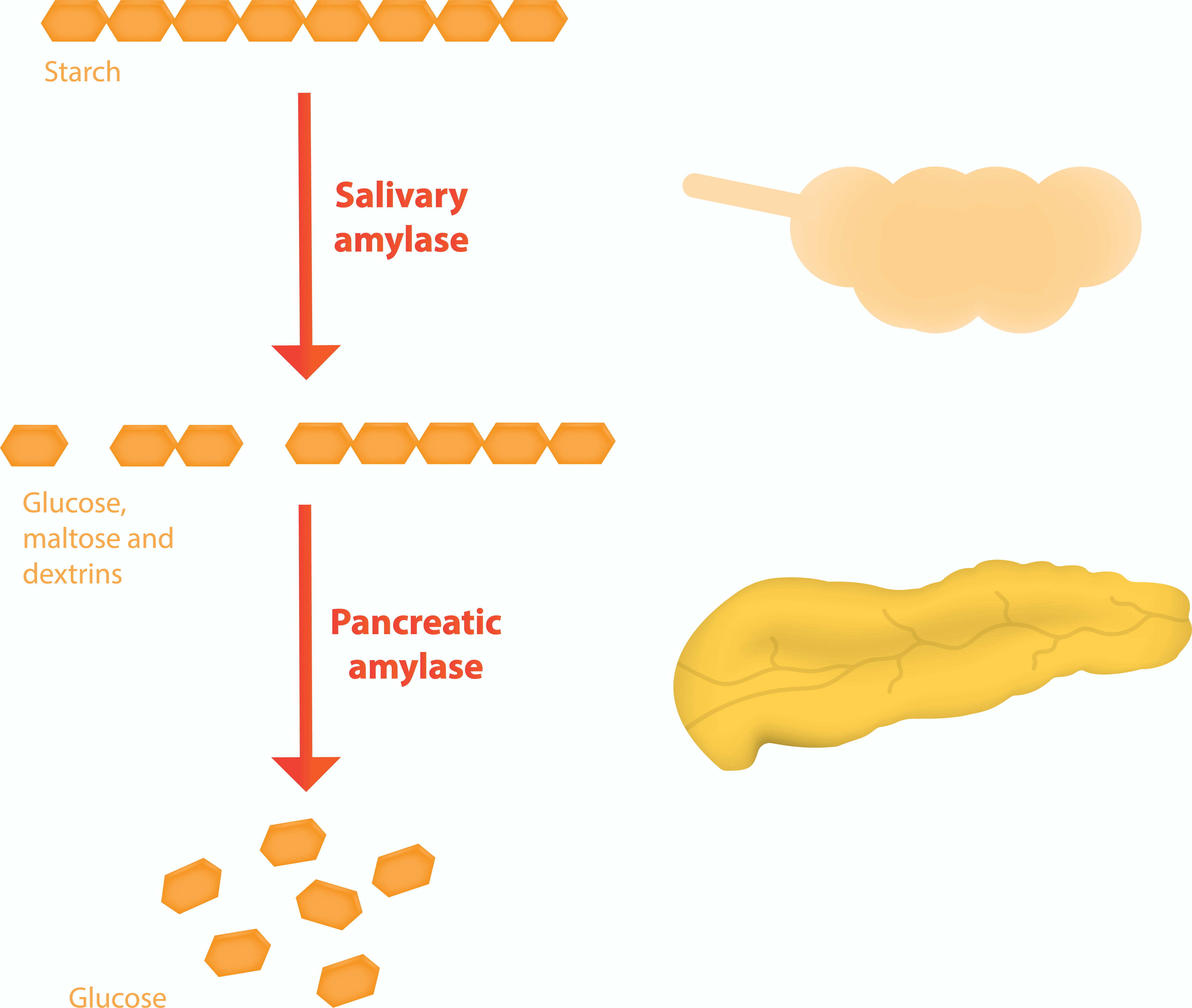
Testing digestive enzyme production
To determine if digestive enzymes will help with bloating or IBS (irritable bowel syndrome), a digestive stool analysis is a useful tool to identify if you have undigested fat or protein. A high level of fats in your stool, for example, may suggest that you would benefit from taking a lipase enzyme supplement, and without this, you may struggle to absorb fat-soluble nutrients like vitamin D.
Digestive enzyme supplements
The three macronutrients to break down are fat, carbohydrates and protein, each of which needs different digestive enzyme supplements to break down.
It’s hard to know which digestive enzymes are best for you if you skip on testing, so If you start experimenting with supplements, you may wish to choose a ‘broad-spectrum’ digestive enzyme supplement providing a range of enzymes, often including lactase to breakdown the carbohydrates in milk.
When to take digestive enzymes depends on the type of meal you are having. If you are having a protein-rich meal and know that you don’t break down protein well, you may choose to have protease enzymes. Digestive enzymes are always best taken with food.
